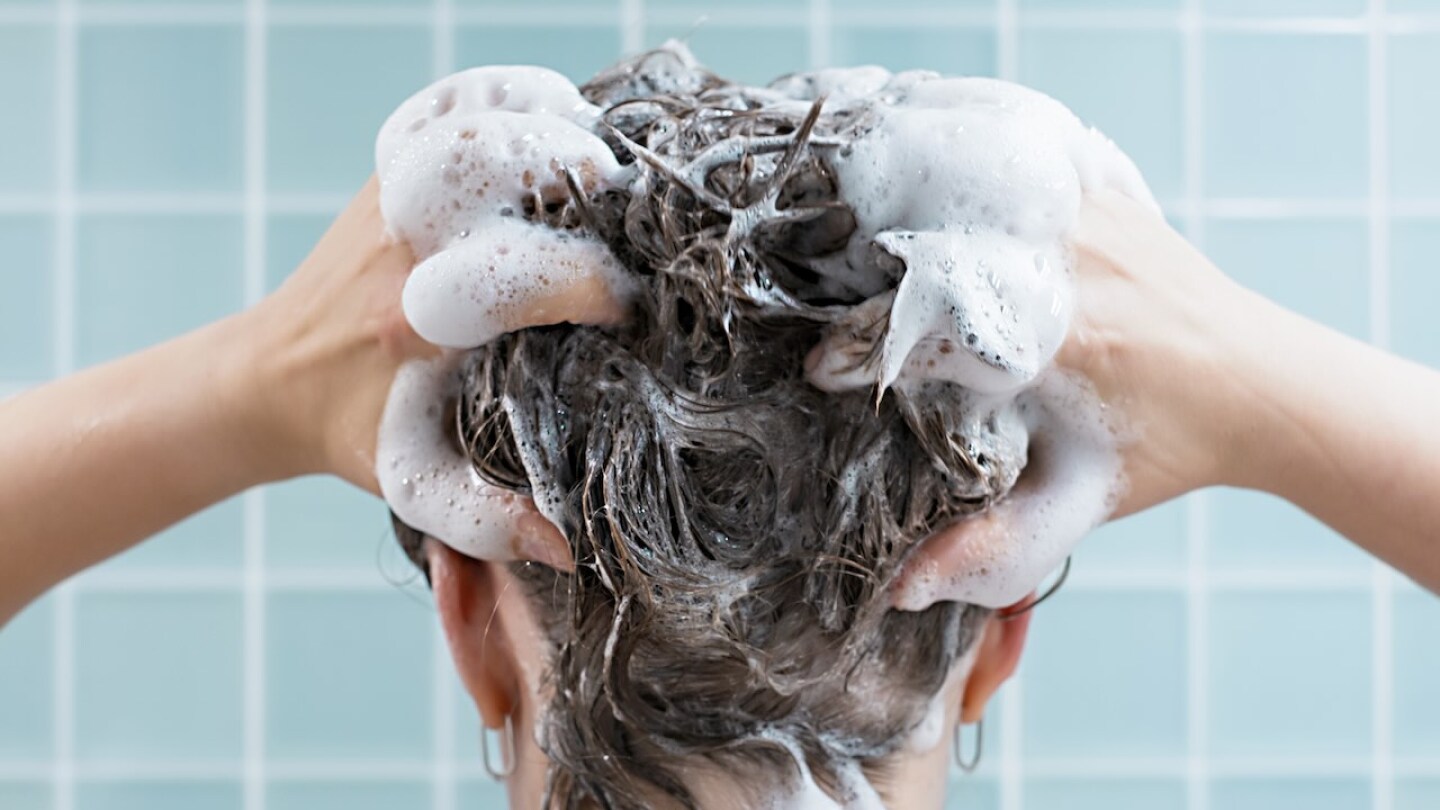Have you ever gone through the process of shampooing, conditioning and drying your hair, only for it to not feel properly clean, or even worse, lackluster?
Washing your hair sounds like a simple part of many people’s everyday care routine, but how you wash your hair can also impact the look, texture and overall feel. With dozens of hair care folktales, it’s hard to know the right way to tackle such a simple task. That’s why we enlisted the help of board-certified dermatologist and Kenvue Director Medical Sciences, Skin Health & Beauty Asha Patel Shah and Kenvue Medical Science & Information PharmD Ramond Waide to help dispel common myths about hair washing and how you can best promote healthy, luscious locks.
Myth: Daily washing damages hair.
While myths have circulated the internet for years telling consumers daily washing is one of the worst things you can do for your hair, scientists say this is false. Though, the amount you should wash your hair could depend on the type of hair you have. If your scalp is oily, you may need to wash it as often as once a day, but if you have chemically treated hair or as you get older, your hair may be drier, meaning you’ll want to wash it less frequently.
Myth: You don’t need to rinse and repeat.
While shampooing your hair too often can be bad for your hair, shampooing your hair twice on wash day can help keep your hair fresher for longer. The first shampoo works to break down the buildup of grease or dirt on the hair, while the second makes sure the residue is fully washed away. If you have straight, thin or fine hair, this tip can even help give your hair a volume boost. Shampoos like OGX® Thick & Full + Biotin & Collagen Shampoo contain vitamin B7 biotin, collagen, and wheat protein to cleanse and strengthen hair while pumping up the volume.
Myth: Dry shampoo is always bad for hair.
According to the American Academy of Dermatology, dry shampoo can actually provide benefits for your hair. However, it is best to wash your hair and scalp with regular shampoo and water after every one to two uses of dry shampoo. If you only use dry shampoo, that’s when it can contribute to issues like breakage, shedding, dryness and dandruff.
Myth: Oily hair doesn’t need conditioner.
No matter what type of hair you have, conditioners are designed to deposit material onto the outermost layer of the hair, increasing shine, decreasing static electricity and improving strength.
“Oily hair is ultimately oily scalp,” Shah said. “It is recommended that these patients avoid conditioner on the roots of the hair or scalp and focus on the length of the hair shaft.”
Rather, using clarifying conditioners like OGX® Extra Strength Refreshing + Rosemary Mint Conditioner visibly helps remove oil and residue from your hair to leave it looking shiny and soft. Ingredients like witch hazel work as a gentle astringent to help remove buildup without stripping your hair while nourishing the scalp.
Myth: Dandruff signifies a dry scalp.
Dandruff can be caused by various reasons, including medical conditions such as seborrheic dermatitis, hair care habits or oily skin. If you do have dandruff, seborrheic dermatitis or psoriasis, you’ll want to opt for shampoos that tackle build-up. “The removal of this build-up ultimately leads to a cleaner, more favorable environment for the scalp,” Shah said.
Myth: Hair can clean itself.
While hair cuticles are naturally able to perform some level of self-cleaning, many factors can lead to an accumulation of dirt and grease that need to be manually cleaned using shampoo.
Myth: I don’t need to use a leave-in conditioner if I use conditioner in the shower.
This depends! Many people can benefit from using both. Using a leave-in conditioner can add volume and make hair smooth and shiny. It can diminish frizz, static and flyaways — plus, it’s easier to detangle and style. So, while conditioner and leave-in conditioner sound the same, they have different chemistry. Some rinse-off conditioners contain detergent and can damage your hair if left on for longer periods.
